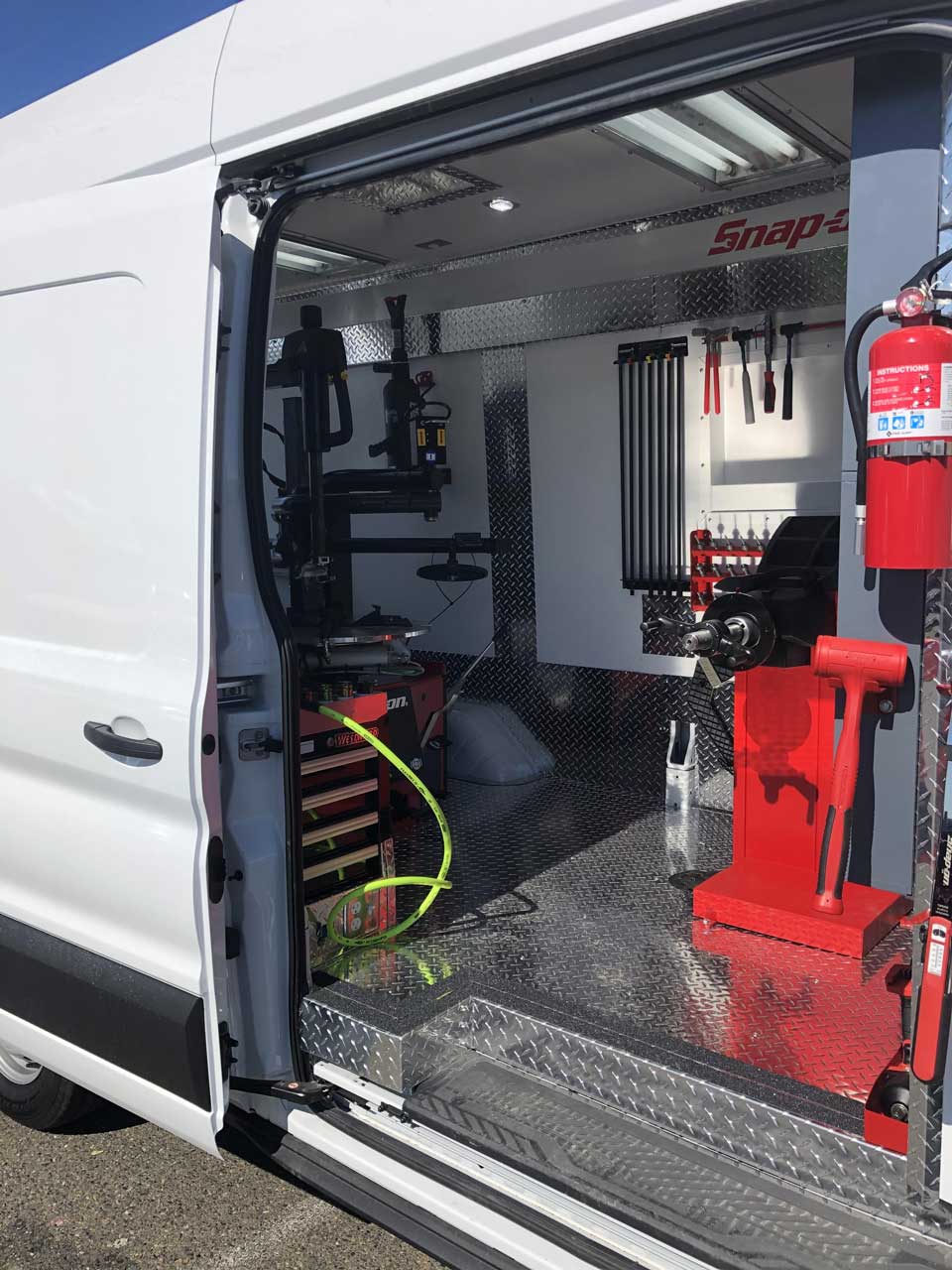Experience Precision with GMC Tire Service at Morris Tires
Experience Precision with GMC Tire Service at Morris Tires
Blog Article
Tire Solution: The Impact of Weather
When it comes to ensuring optimal efficiency and safety and security when traveling, understanding the impact of climate condition on tire solution is essential. From scorching heat to icy roads, each weather condition aspect can significantly affect tire capability and total driving experience. By diving right into the impacts of varying climate condition on tires, vehicle drivers can acquire beneficial insights that may enhance their lorry's efficiency and durability. In this discussion, we will certainly explore the detailed relationship in between climate condition and tire solution, clarifying the significance of weather-specific tire maintenance methods and factors to consider.
Warm and Tire Performance
When exposed to high temperatures, tires experience adjustments in performance that can significantly influence vehicle security and handling. The heat produced from long term driving or warm climate conditions triggers the tire rubber to soften, leading to decreased walk life and enhanced wear.

Winter Impacts
Cold climate problems can have a substantial influence on tire efficiency and safety and security. As temperature levels decline, tire rubber can set, bring about reduced grip on icy or snow-covered roads. In chilly weather, tires might additionally lose air stress much more quickly, which can influence handling and fuel effectiveness. In addition, cool temperature levels can cause tire sidewalls to stiffen, increasing the danger of damage from splits or various other roadway dangers.
To mitigate the results of cold weather condition on tires, it is important to consistently check tire stress and inflate them to the producer's suggested levels. Making use of winter months or all-season tires developed for chilly weather conditions can also improve grip and hold on icy or snowy roadways. Proper tire maintenance, including routine inspections for wear and damages, comes to be a lot more critical during cooler months to make sure ideal performance and safety.
Rainy Conditions Influence
Tires with worn-out treads are extra susceptible to hydroplaning, where a layer of water builds up in between the tire and the roadway surface, leading to loss of traction. To combat this, drivers see here need to on a regular basis evaluate their tires for adequate tread deepness and think about investing in tires particularly made for wet conditions.
In addition, wet weather condition can also decrease presence, making it challenging for vehicle drivers to see my website the road ahead plainly (GMC Tire Service). In such problems, it is necessary to adjust driving rates accordingly and keep a safe following range to permit sudden quits. Appropriately inflated tires can also aid in preserving control on wet roads by supplying much better handling and grasp
Snow and Tire Security
When driving in snowy conditions, having the right tires can make a significant distinction in security and efficiency. Winter tires are developed with special rubber compounds and tread patterns to provide much better grip on snow and ice compared to all-season tires.

Furthermore, drivers must consider setting up tire chains in severe snowy conditions. Tire chains supply additional grip by clutching the snow and ice, boosting security and control. It is essential to adhere to maker guidelines when next setting up and utilizing tire chains to prevent damage to the tires and lorry (GMC Tire Service). By selecting the right tires, maintaining correct inflation, and taking into consideration extra grip aids like tire chains, drivers can boost their security when browsing snow-covered roadways.
Weather-Related Tire Upkeep
When confronted with different weather, correct tire upkeep becomes a crucial aspect of automobile security and performance. Weather-related tire maintenance encompasses a variety of techniques targeted at guaranteeing optimal tire function and durability in various weather condition scenarios. One essential aspect of weather-related tire upkeep is tire pressure law. Rising and fall temperature levels can trigger tire pressure to differ, influencing grip and fuel effectiveness. Regularly readjusting and checking tire pressure according to maker recommendations is important for secure driving in changing weather conditions. Additionally, tire walk deepness plays a significant function in taking care of different weather condition elements. Tires with ample walk deepness give much better grasp on wet or icy roadways, decreasing the threat of skidding or hydroplaning. Evaluating tire walk frequently and replacing tires when tread wear reaches a specific deepness is essential for preserving traction and stability in unfavorable weather. By prioritizing weather-related tire upkeep, vehicle drivers can boost safety, enhance automobile performance, and lengthen the lifespan of their tires.
Verdict
In conclusion, weather conditions have a considerable effect on tire efficiency and safety. From heat affecting tire stress and wear to cool climate lowering traction, it is vital to take into consideration the climate when keeping and using tires.
In this conversation, we will certainly discover the intricate relationship between weather problems and tire solution, dropping light on the importance of weather-specific tire maintenance practices and considerations.

Report this page